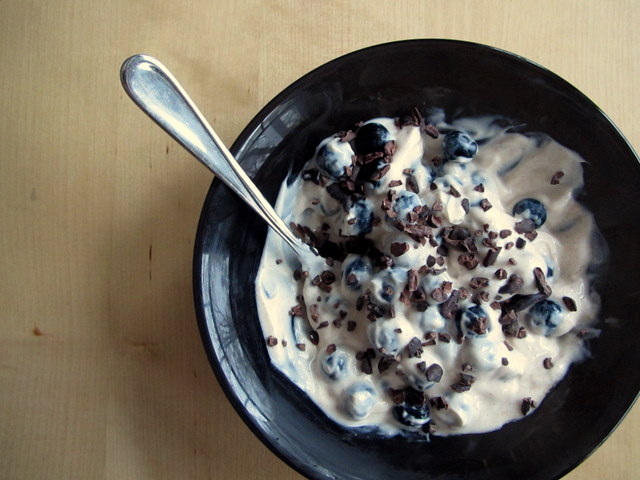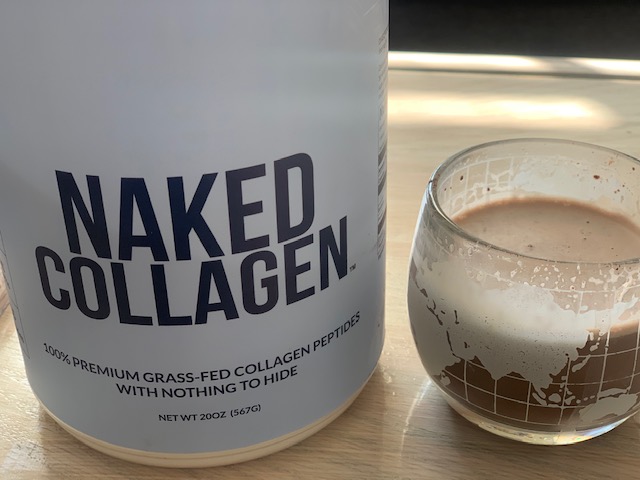Probiotics for Mental Health
In recent years, there has been a growing interest in the relationship between gut health and mental well-being. The idea that our gut health could influence our mental health might seem surprising at first, but emerging research is shedding light on the intricate connection between the gut and the brain. Probiotics, once primarily associated with digestive health, are now being investigated for their potential role in promoting mental health. In this blog post, we’ll dive into the fascinating world of probiotics and their impact on the gut-brain connection.
The Gut-Brain Axis: A Complex Network
The gut-brain axis refers to the bidirectional communication system between the gastrointestinal tract and the central nervous system. This intricate network involves the gut, brain, and a complex array of signaling pathways. The gut houses trillions of microorganisms, collectively known as the gut microbiota. These microorganisms play a crucial role in digestion, immune function, and even mood regulation.
Recent studies have shown that the gut microbiota can communicate with the brain through various pathways, including the vagus nerve, immune system signaling, and the production of neurotransmitters. This communication is not a one-way street; the brain can also influence the composition and activity of the gut microbiota through stress hormones and other factors.
Probiotics: Guardians of Gut Health
Probiotics are live microorganisms that confer health benefits when consumed in adequate amounts. These beneficial bacteria are commonly found in fermented foods like yogurt, kefir, sauerkraut, and kimchi. Their positive effects on digestive health have been well-documented, but researchers are now delving into their potential impact on mental health.
Certain strains of probiotics have been shown to modulate the gut-brain axis and influence neurotransmitter production. For example, some probiotics can increase the production of gamma-aminobutyric acid (GABA), a neurotransmitter that plays a key role in regulating anxiety. Additionally, probiotics might help reduce inflammation in the body, which has been linked to conditions such as depression and anxiety.
Evidences from Research
While the field is still relatively young, there’s a growing body of research that suggests a promising connection between probiotics and mental health. In a study published in Psychological Medicine, participants who consumed a specific probiotic blend for several weeks reported reduced symptoms of depression and anxiety compared to those who took a placebo.
Another study, published in Gastroenterology, found that a daily probiotic could alter brain activity in areas associated with emotion and sensory processing. This hints at the potential of probiotics to directly influence neural pathways and brain function.
The Role of Diet and Lifestyle
It’s important to note that while probiotics hold promise, they are not a panacea for mental health issues. A holistic approach that considers diet, lifestyle, and overall health is crucial. A diet rich in fiber, fruits, vegetables, and fermented foods can promote a diverse gut microbiota, which is associated with better mental well-being.
Additionally, managing stress is vital for maintaining a healthy gut axis. Chronic stress can disrupt the balance of gut bacteria and exacerbate mental health conditions. Practices like mindfulness, meditation, and regular exercise can all contribute to a healthier gut and a happier mind.

Personalized Approach and Future Directions
As research in this field continues to evolve, it’s becoming increasingly clear that there is no one-size-fits-all approach. The effects of probiotics on mental health can vary greatly from person to person, depending on factors such as genetics, diet, and existing gut microbiota composition.
The concept of psychobiotics, a term used to describe live organisms that, when ingested in adequate amounts, confer mental health benefits, is gaining traction. Researchers are working to identify specific strains of probiotics that might be more effective for certain mental health conditions. This personalized approach could revolutionize the way we think about mental health treatments.
Final Thoughts
The gut-brain connection is a captivating area of research that holds immense potential for understanding and improving mental health. While the science is still unfolding, there is compelling evidence to suggest that probiotics could play a valuable role in supporting mental well-being. Incorporating probiotic-rich foods into your diet, reducing stress, and adopting a holistic lifestyle approach are all steps you can take to nurture both your gut and your mind.
Remember, if you’re dealing with serious mental health issues, it’s important to consult with a qualified healthcare professional. Probiotics should be seen as a complementary strategy rather than a sole treatment. As we continue to explore the profound relationship between our gut and brain, the future looks bright for innovative ways to support mental health through the power of probiotics.




